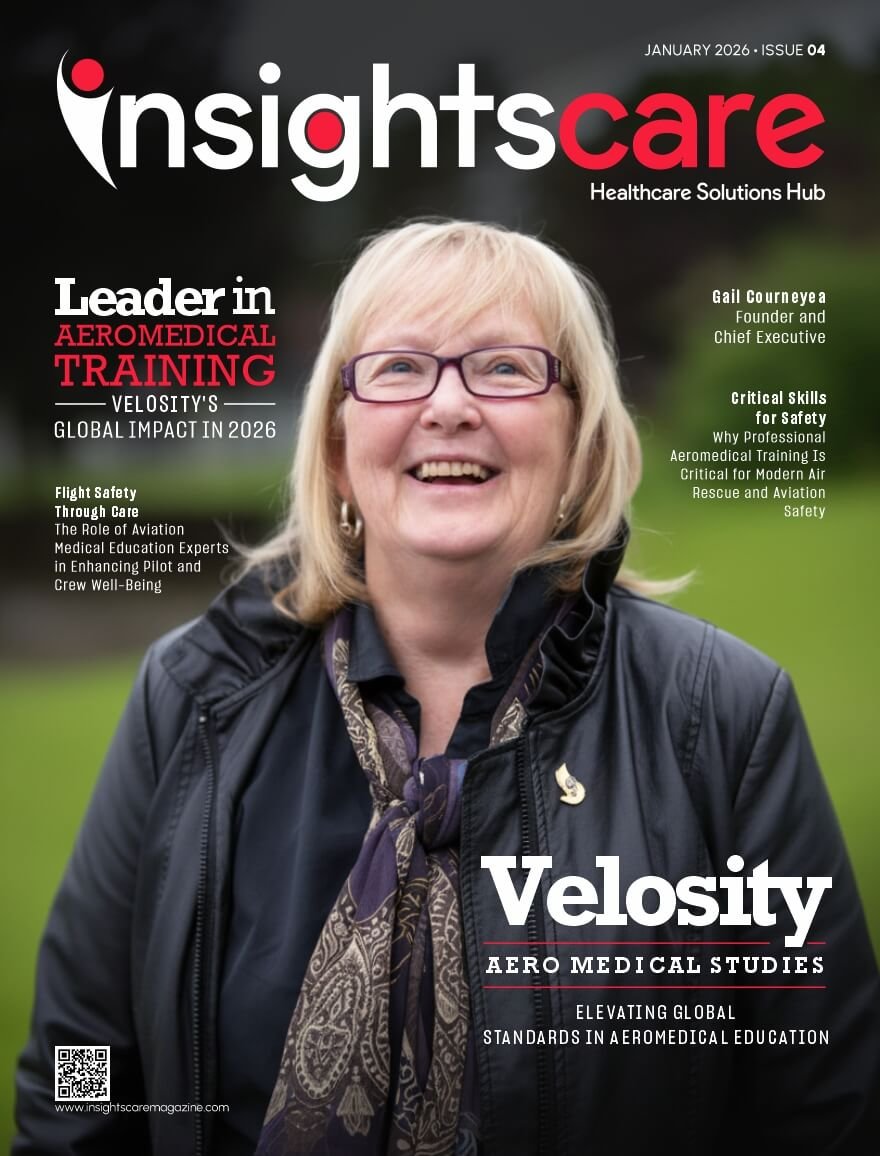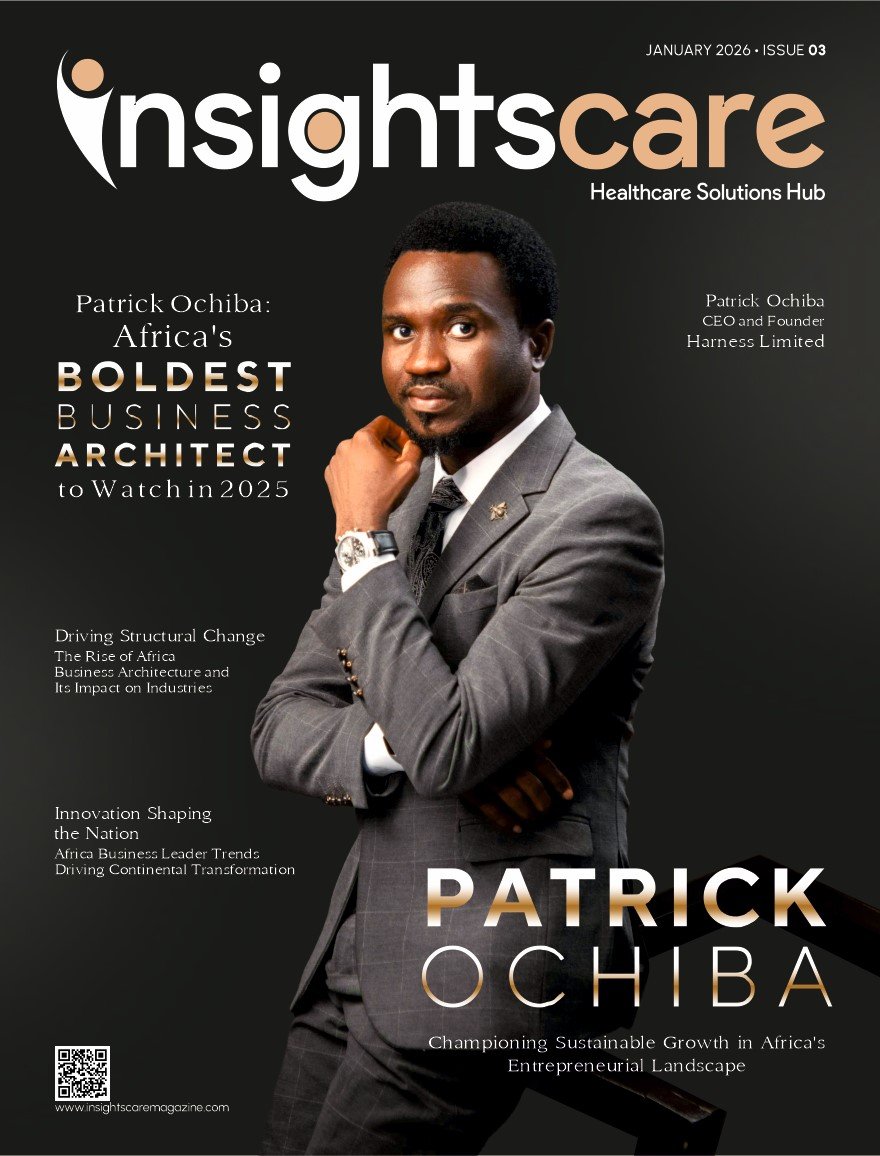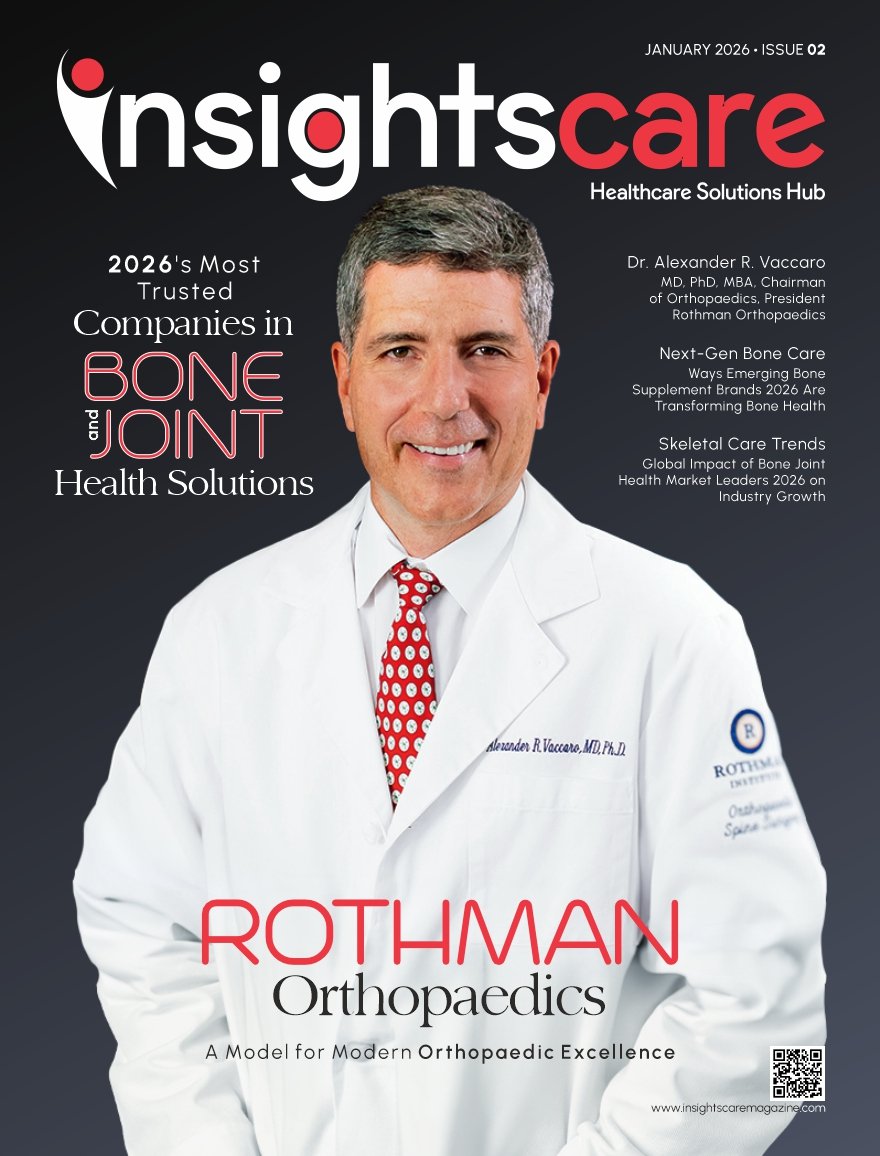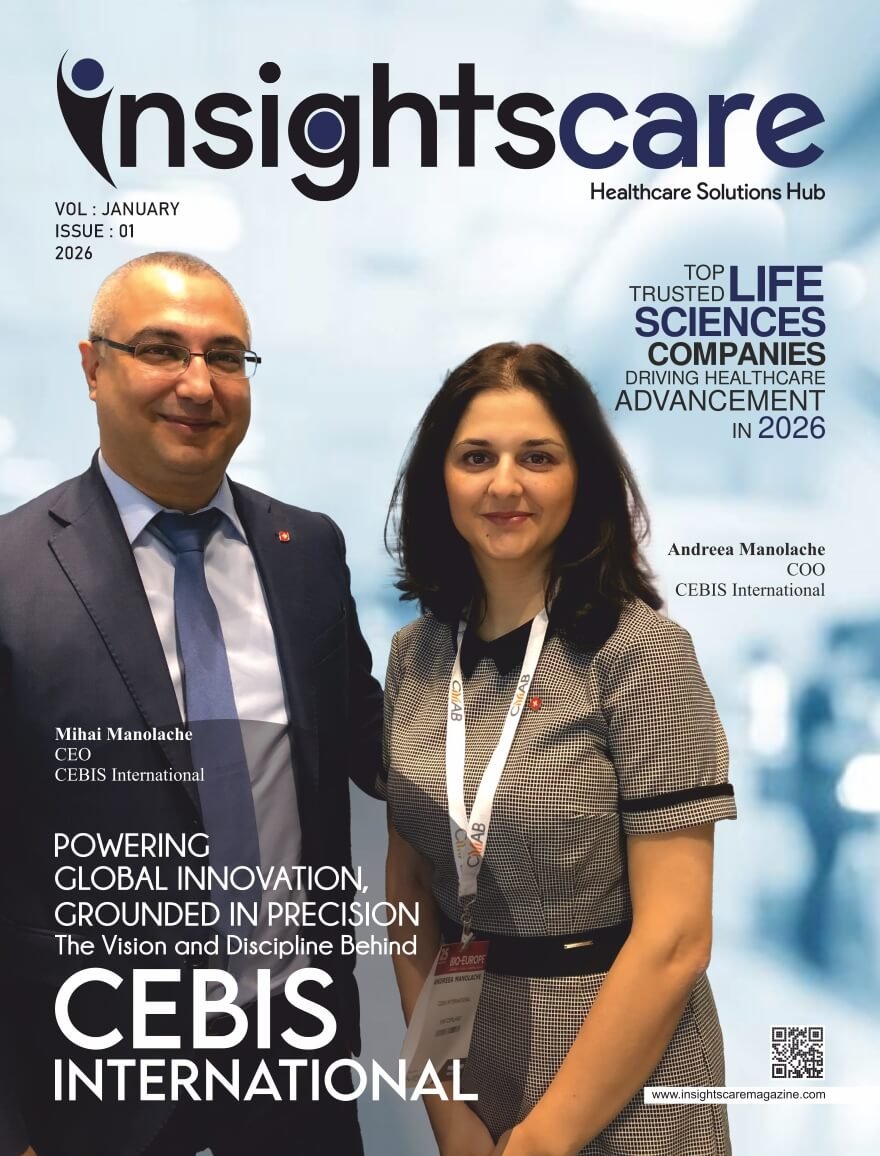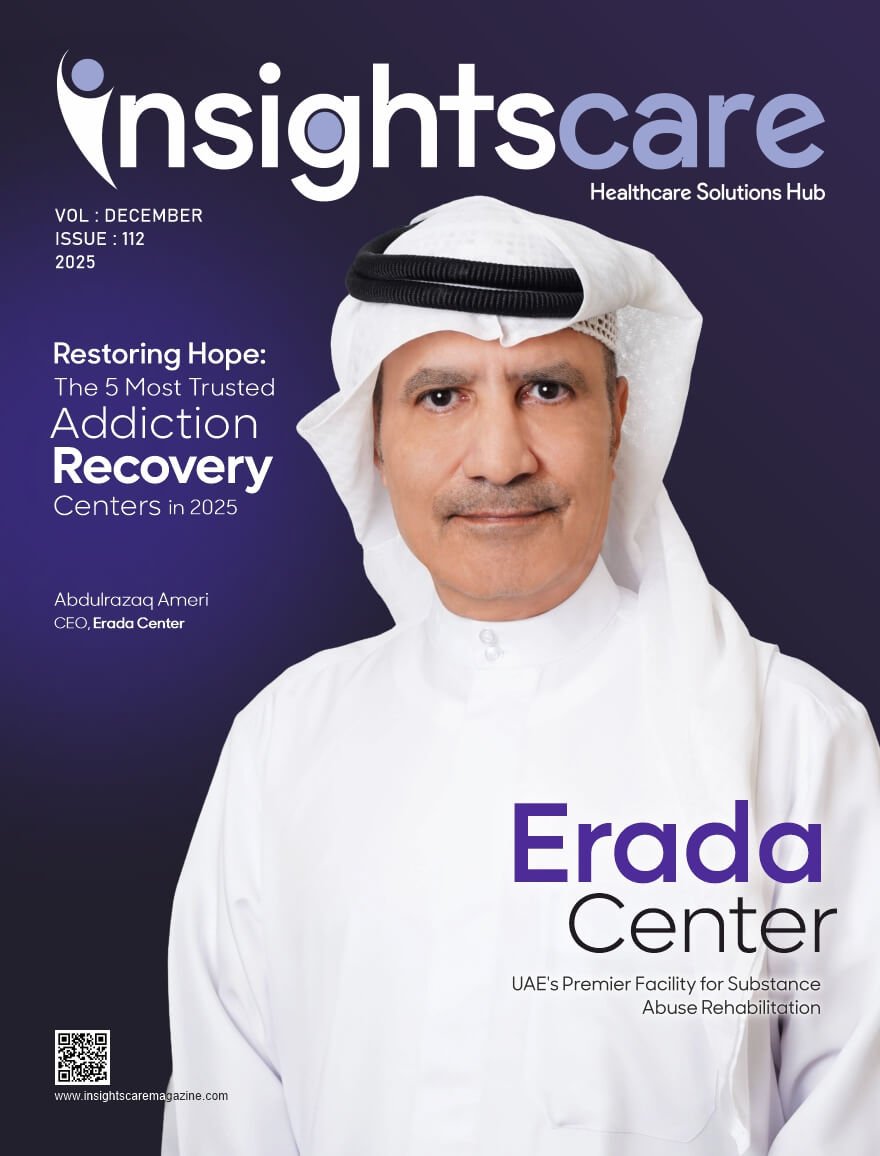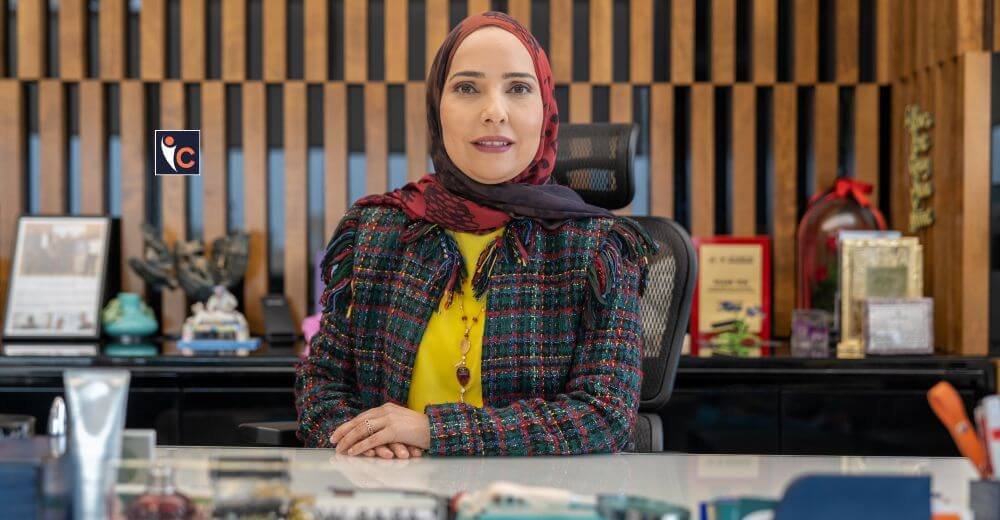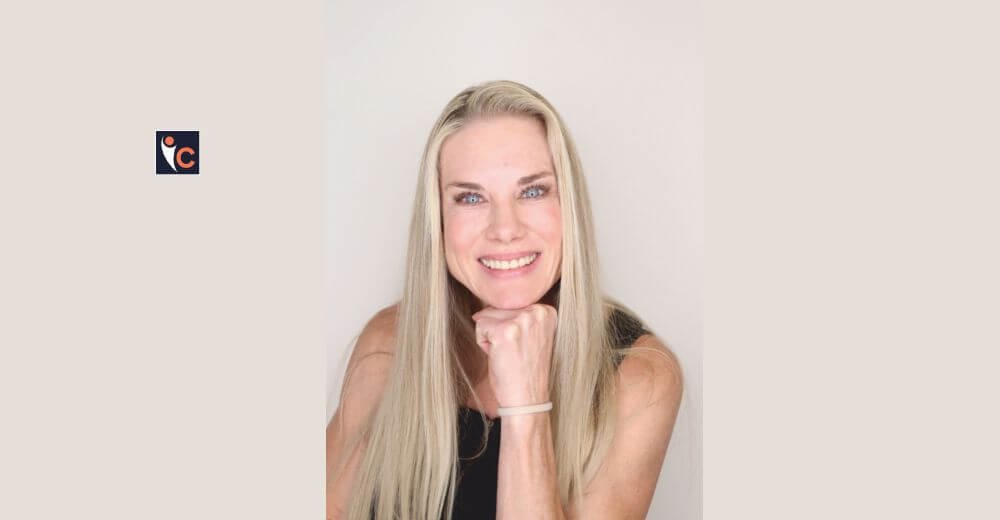Not every woman who’s struggling is falling apart, some are just quietly holding it all together, with no one really noticing. Pernille Brostrup was one of them. She wasn’t broken, but she didn’t feel whole either. After years of pushing through anxiety and burnout, she realized that our mental health system isn’t made to help women feel like themselves again, it’s built to keep them just “okay enough” to function. That’s when she founded Mabel, a wellness company that feels more like a lifeline. With Mabel, women are guided through a gentle, 5-week reset designed to help them reconnect to their emotions, their minds, and their sense of self. Pernille didn’t build this because it was trendy, but she built it because she needed it. And now, she’s sharing it with others. Her voice in the healthcare world is calm, honest, and full of heart, and in 2025, that’s exactly what every woman needs.
Let’s delve into the interview details below!
Please introduce yourself and share a bit about your background and journey leading up to the founding of Mabel.
I started my career as a model in Paris. It was a powerful experience and full of opportunity. But it also gave me a front-row seat to how little support there is for mental health, especially in high-pressure industries.
Later, I launched a company focused on sensory development for pre-term babies. I’ve always been fascinated by how the brain forms and responds to the world early on. Two decades in I found myself burned out and anxious. I tried everything: supplements, therapy, pharmaceuticals. Nothing helped. I was disconnected, and desperate to feel at home in myself again.
That is what ultimately led me to mushrooms, both functional and psychedelic.
Mabel wasn’t born from spotting a business opportunity — it came from personal necessity. I built what I needed and couldn’t find.
What inspired you to enter the healthcare industry and ultimately establish Mabel?
I wasn’t aiming for any particular industry when I started working on Mabel. I tested my theory and experience on as many women as I could. It was really rudimentary. I would send them the microdosing and have them log into a Drive where they could read classes and answer questions about the practice and this mini 5-week journey.
Those women — and their feedback — confirmed two things:
A) I wasn’t alone in feeling disconnected from my mental health, and
B) what had worked for me, worked for them too.
That became the foundation for asking:
How can we build the best possible at-home, in-your-pocket therapeutic experience — and combine it with a powerful earth medicine to supercharge the impact?
Can you tell us about Mabel’s mission, the problem it addresses, and its impact in the healthcare space?
We exist to change the way we perceive and treat mental health.
Most of us are “fine,” right? But what does that even mean? We’re functioning, showing up, managing. Yet antidepressant prescriptions are at an all-time high. So clearly, we’re not fine. But most aren’t clinically depressed either. Due to lack of time, care, and a system shaped by pharma incentives, we’re being treated as if we are.
So what’s going on?
We saw a huge group of women living in a kind of low-grade disconnection. Not broken, not diagnosable, but definitely not well. Traditional care? Too medical, too slow, too expensive, too time-consuming, and not working.
Mental health has become rigid and hard to access. We wanted to change that.
Our Reset Program is the first of its kind — combining guided microdosing with a structured 5-week journey into five core emotional foundations we believe most women were never taught, or have forgotten: Mindfulness, self-compassion & love, forgiveness, gratitude and manifestation.
When these are out of balance, everything else starts to slip.
The feedback has been powerful — not just symptom relief, but real reconnection. Women remembering who they are, and finally feeling like they have tools that actually fit their lives.
The potential impact?
A reclaiming of agency over one’s own mental health.
And again — we’re not talking about severe clinical conditions that require medical treatment. We’re talking about the millions of women currently overmedicated or silently struggling who shouldn’t have to be.
Of course, the implications challenge an entire system — especially for big pharma, which profits from keeping people in the cycle.
As a founder, what was one pivotal moment that shaped Mabel’s direction or growth?
Choosing my sister as my co-founder.
I created Mabel alone and spent about a year fundraising and shaping the concept. At that point, it was still mostly thoughts and vision.
Caroline has this rare capacity to deeply understand and hold space for the vision I had. Of course, Mabel today is the result of both our strengths, but I can’t emphasize enough how much it means to have the right person beside you.
You can work with brilliant people, but if the deeper alignment isn’t there, it’s hard to build something meaningful.
How does Mabel approach the balance between technology, policy, and human-centered care?
For me, it always comes back to: what would I have needed when I felt disconnected?
That’s the lens we build from.
We’re working with an MVP — and we’ve proven product-market fit. The need is there. But we’re far from finished.
The challenge is finding that golden line where someone feels seen, heard, and supported through a digital device.
It’s not perfect yet. But it’s real. And it’s working.
What are some of the biggest challenges you’ve faced as a woman leader in healthcare, and how have you overcome them?
I haven’t experienced much gender-related pushback since launching Mabel — possibly because we came in with something that clearly resonated.
We’re still a small company, but we’ve had strong early traction and are already close to break-even after five months. That opens doors.
That said, we still get the occasional Uncle Dad — the type who feels the need to explain how things should be done. But those moments are rare.
More and more, investors and partners genuinely value women-led businesses — especially when the product is for women and comes from lived experience. That insight is finally being recognized as a strength.
How would you describe your leadership style, and how has it evolved since launching Mabel?
We’re a small team of four, so I don’t lead in a traditional sense. But I show up fully. I know every part of the business and I work hard. I expect a lot from people, but I hold myself to the same standard.
When people see a founder who’s in it, they want to match that energy.
We also do something simple called Happy Monday — we share a few lines about our weekends. It keeps us connected.
What advice would you offer to aspiring women leaders aiming to make their mark in healthcare or launch their own ventures?
Don’t give up. If the timing isn’t right or people don’t respond, keep going. Keep learning, keep refining, keep building. It all becomes useful when a door finally opens.
And most importantly: love what you do.
If you don’t love your idea or product, it’ll be hard to stick with it when life throws you lemons. Because it will.

